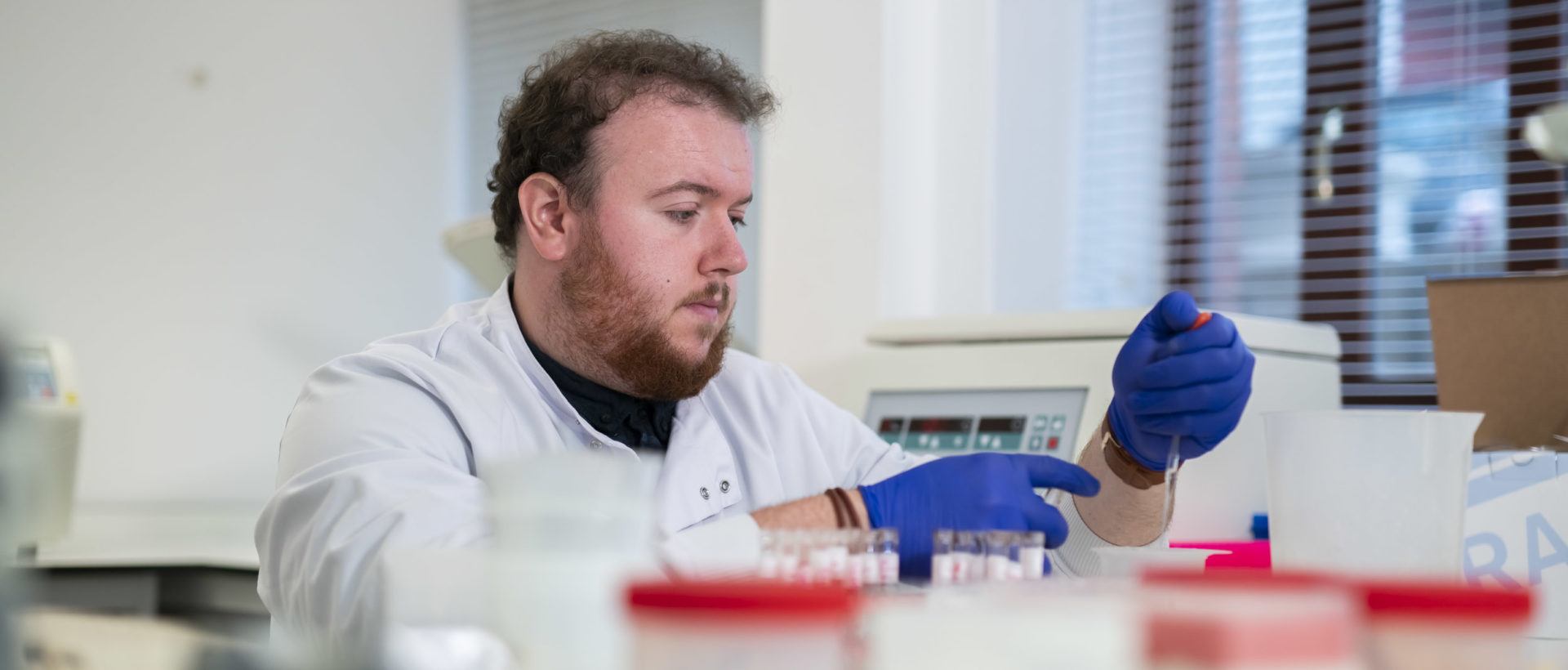Ketamine misuse is a topic that has been in the news regularly in recent months, as recreational use of the drug increases and the first private UK clinics use the drug to help treat individuals with mental health disorders.
In this blog, we take a closer look at the problem surrounding ketamine and how to spot misuse.
What is Ketamine?
Ketamine is a strong anaesthetic drug used during operations on humans and animals. It is a class B controlled drug, which is illegal to use recreationally.
Because ketamine is licensed to be used by doctors as an anaesthetic it can currently be prescribed off licence for depression. This is happening in private clinics in the US and the UK.
What’s the problem?
Last month the first UK ketamine-assisted psychotherapy clinic opened in Bristol. The drugs brief and rapid antidepressant effect has been shown in several clinical trials over the last 15 years.
However, if used recreationally or if high enough doses are taken, the aesthetic properties of ketamine can come into effect causing unconsciousness or even death.
Despite ketamine being classed as a ‘party drug’, even during the COVID-19 pandemic ketamine misuse was on the rise. A report from November 2020 stated one in 30 young people admitted to taking the drug in the past year – the highest number since records began. The latest figures also suggest that ketamine is now the fourth drug of choice for young people behind cannabis, ecstasy and cocaine[1].
In the year ending March 2020, there were 1,256 seizures of ketamine , a 31% increase on the previous year[2].
How to spot use?
It can be hard to pinpoint specific signs of ketamine problematic use, as someone misusing may be able to effectively mask their dependency.
There are, however, common side effects that come with growing dependency, including:
- Increase in heart rate and blood pressure
- Damage to short and long term memory
- Vulnerability and lack of pain awareness
- Abdominal issues
- Becoming confused, agitated, delirious and disconnected from reality
The “K hole” is the name given to the state a user reaches where the dissociative, sedative and psychedelic effects of the drug are at their strongest. There is also the risk of death, especially if ketamine is mixed with other drugs.
Ketamine Testing
Lextox offers hair testing for ketamine and it is one of our top 9 commonly abused drugs. The full list of drugs we test for can be found here. Similar to the other drugs we test for; we recommend hair testing for the following reasons:
- We can test hair for specific substances. Targeted analysis means you can look for particular compounds
- It provides a unique window of detection covering months, rather than days that urine or oral fluid analysis can show. A month by month analysis is useful in profiling a pattern of drug use
- Results are legally defensible and are accepted in every UK family court
To find out more about testing for ketamine call 029 2048 4141 or email [email protected].
[1] https://www.telegraph.co.uk/news/2020/11/23/ketamine-catches-cocaine-party-drug-choice-use-young-trebles/
[2]https://assets.publishing.service.gov.uk/government/uploads/system/uploads/attachment_data/file/950796/seizures-drugs-mar2020-hosb3920.pdf
Published 07/04/21 – All information correct at time of publication





